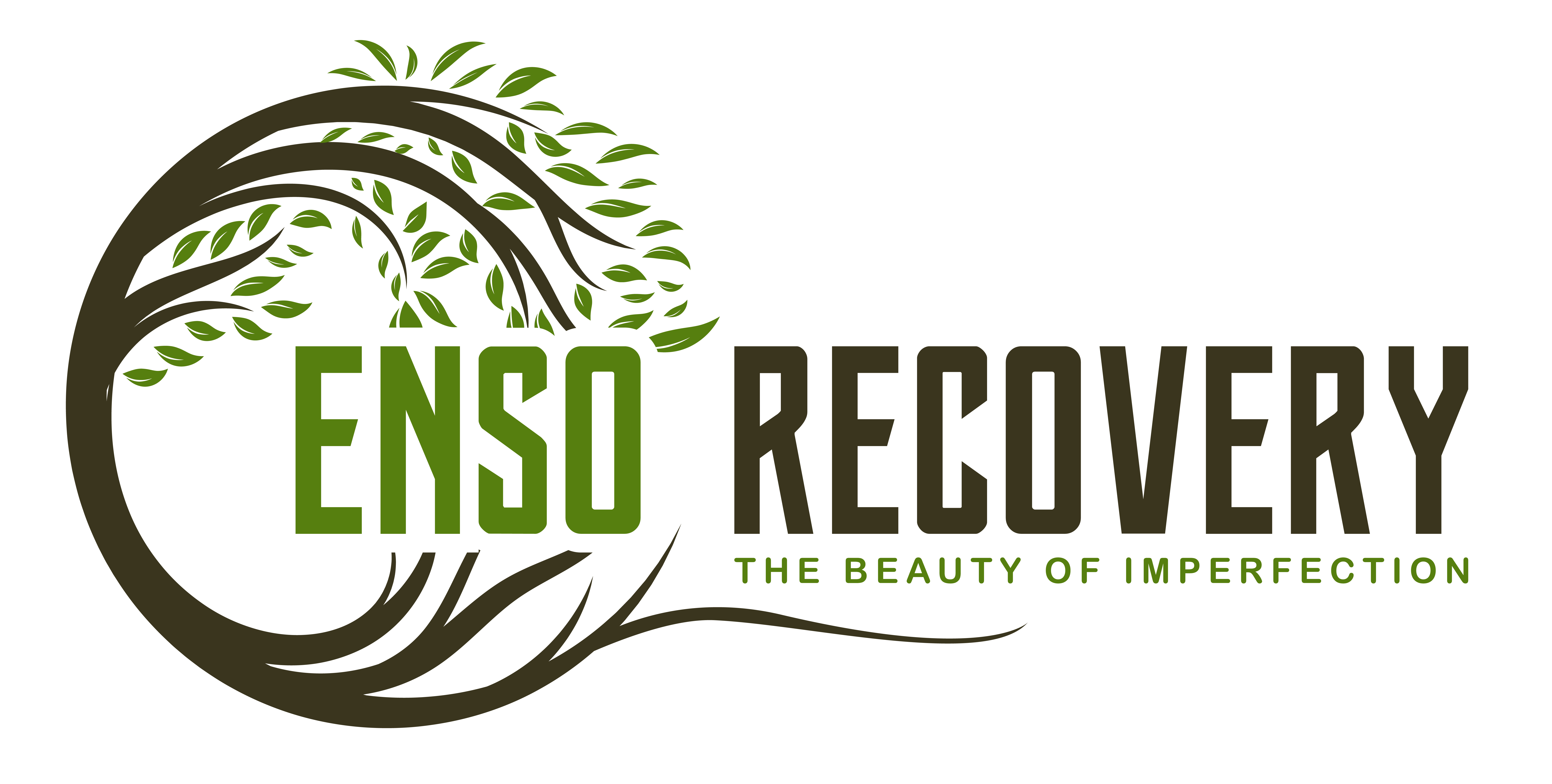Maine’s veteran population faces unique challenges when it comes to substance use disorders. Military service can involve exposure to trauma, chronic pain from service-related injuries, and the stress of transitioning back to civilian life. These factors, combined with easy access to prescription pain medications for service-connected injuries, create a perfect storm that can lead to addiction. Understanding the resources available and finding treatment providers who understand military culture is crucial for veterans seeking recovery.
Veterans experiencing addiction often carry additional burdens that civilian populations may not face. The stigma around mental health and addiction in military culture can make it particularly difficult for veterans to seek help. Many veterans worry that admitting to substance use problems will affect their benefits, their standing in veteran communities, or their family’s perception of their service. These concerns, while understandable, can prevent veterans from accessing the life-saving treatment they need and deserve.
Understanding Veteran-Specific Risk Factors
Military service exposes individuals to experiences that can significantly increase the risk of developing substance use disorders. Combat exposure, military sexual trauma, and the loss of fellow service members can all contribute to post-traumatic stress disorder, depression, and other mental health conditions that frequently co-occur with addiction. The structured environment of military life can also make the transition to civilian life particularly challenging, leading some veterans to self-medicate with alcohol or drugs.
Service-connected injuries and chronic pain represent another significant risk factor for veteran addiction. Many veterans receive prescription opioids for legitimate medical conditions related to their military service. Over time, physical dependence can develop, even when medications are taken as prescribed. When prescriptions are reduced or discontinued, some veterans turn to illegal substances to manage both their physical pain and the withdrawal symptoms from prescription medications.
The military culture’s emphasis on self-reliance and pushing through difficulties can also work against veterans when it comes to seeking addiction treatment. The same resilience and determination that served them well in military situations may make them reluctant to acknowledge when they need help with addiction. This can lead to veterans attempting to handle addiction on their own, often unsuccessfully.

Veteran Benefits and Treatment Coverage
One advantage veterans have in accessing addiction treatment is often superior insurance coverage through the Department of Veterans Affairs. VA benefits typically include comprehensive coverage for substance use disorder treatment, including both outpatient and residential programs. Veterans may also be eligible for disability compensation if their addiction is related to their military service, which can provide additional financial support during treatment.
However, navigating VA benefits can be complex, and not all veterans are aware of their full range of options. Some veterans may qualify for benefits they haven’t applied for, while others may not realize that addiction treatment is covered even if their substance use disorder isn’t directly service-connected. Understanding these benefits and how to access them is an important part of the treatment process for many veterans.
Veterans who don’t qualify for VA benefits or who prefer to seek treatment outside the VA system have other options available. Many private treatment providers, including ENSO Recovery, accept various forms of insurance and work with veterans to understand their coverage options. Some veterans may be eligible for MaineCare or other state insurance programs that cover addiction treatment.
Finding Veteran-Friendly Treatment Providers
While specialized veteran-only treatment programs exist in some areas, many excellent treatment providers serve veterans alongside civilian populations. The key is finding providers who understand military culture and the unique challenges veterans face. ENSO Recovery treats veterans as part of our comprehensive addiction treatment programs, recognizing that veterans bring both unique strengths and specific challenges to their recovery journey.
Treatment providers who work effectively with veterans understand the importance of military culture and identity in recovery. They recognize that veterans may respond well to structure, clear expectations, and goal-oriented approaches that mirror positive aspects of military experience. These providers also understand that veterans may need additional support in addressing trauma-related issues and transitioning to civilian life.
When evaluating treatment providers, veterans should look for programs that offer medication-assisted treatment for opioid addiction, as many veterans struggle specifically with prescription opioid dependence. ENSO Recovery offers medication-assisted treatment utilizing medications such as Suboxone and Vivitrol, which can be particularly effective for veterans whose addiction began with prescription pain medications.
Addressing Co-Occurring Disorders
Veterans frequently experience co-occurring mental health disorders alongside substance use disorders. Post-traumatic stress disorder, depression, anxiety, and traumatic brain injury are all common among veterans and can complicate addiction treatment. Effective treatment for veterans must address both the addiction and any underlying mental health conditions simultaneously.
ENSO Recovery’s Intensive Outpatient Program addresses both substance use disorders and co-occurring mental health disorders through a combination of group therapy and life skills classes. This integrated approach is particularly important for veterans, who may have spent years managing both addiction and mental health symptoms without addressing either condition adequately.
The group therapy component of treatment can be especially valuable for veterans, who often respond well to peer support from others who understand their experiences. While not all group members will be veterans, the shared experience of overcoming challenges and supporting each other in recovery can resonate strongly with military values of teamwork and mutual support.
Recovery Housing for Veterans
Stable housing is crucial for veterans in early recovery, particularly those who may be experiencing homelessness or living in environments that don’t support sobriety. ENSO Recovery operates recovery residences in both Augusta and Sanford that welcome veterans alongside other clients. All our houses accept individuals on medication-assisted treatment, which is particularly important for veterans who may be using MAT to address prescription opioid addiction.
The structure and accountability provided in recovery housing can be particularly beneficial for veterans who may struggle with the lack of structure in civilian life. Recovery residences provide clear expectations, regular schedules, and peer accountability that can help veterans establish healthy routines while building recovery skills.
For veterans who may be geographically isolated from family support systems due to military moves, recovery housing can provide an important sense of community during early recovery. The relationships formed in recovery housing often become lasting sources of support that extend well beyond the residential phase of treatment.
Utilizing Military Strengths in Recovery
Veterans bring significant strengths to their recovery that treatment providers can help them recognize and utilize. Military training instills discipline, goal-setting abilities, and persistence in the face of challenges, which are qualities that serve recovery well. Veterans often have experience working as part of a team and supporting others, skills that translate directly to group therapy and peer support aspects of treatment.
The leadership experience many veterans possess can also be channeled positively in recovery. Veterans in treatment often become natural mentors and examples for other clients, finding purpose and meaning in helping others navigate early recovery. This sense of mission and service can become an important part of a veteran’s recovery identity.
Veterans also typically have experience following protocols and procedures, which can help them succeed in structured treatment programs. The ability to commit to a plan and follow through, even when it’s difficult, is a military strength that directly supports recovery goals.
Family and Community Support
Veteran families face unique stresses that can complicate addiction and recovery. Frequent moves, deployments, and the challenges of military life can strain family relationships. When addiction enters the picture, families may feel overwhelmed and unsure how to help. Treatment providers who understand military families can offer guidance on rebuilding trust and communication.
ENSO Recovery recognizes the importance of family involvement in the recovery process and provides resources and guidance for families of clients. For veteran families, this might include education about how military experiences contribute to addiction, strategies for supporting recovery while maintaining healthy boundaries, and connections to veteran family support resources.
Community support is also crucial for veterans in recovery. Maine has active veteran organizations and support groups that can provide ongoing connection and purpose for veterans in recovery. Treatment providers can help connect veterans with these resources as part of their continuing care planning.
Moving Forward with Confidence
Veterans seeking addiction treatment in Maine have access to quality care that can address their unique needs and circumstances. While the path to recovery may feel daunting, veterans have already demonstrated the courage and resilience needed to overcome significant challenges. With the right treatment and support, recovery is not only possible but likely.
ENSO Recovery is committed to serving veterans with the same dedication and respect they showed in serving our country. Our comprehensive treatment programs address both addiction and co-occurring mental health issues while recognizing the strengths and experiences veterans bring to their recovery journey.
Contact ENSO Recovery at 207-245-1800 to learn more about how our treatment programs can support veterans in achieving lasting recovery. Your service to our country deserves to be honored with access to quality care that addresses your unique needs and supports your goals for a healthy, fulfilling life in recovery.
